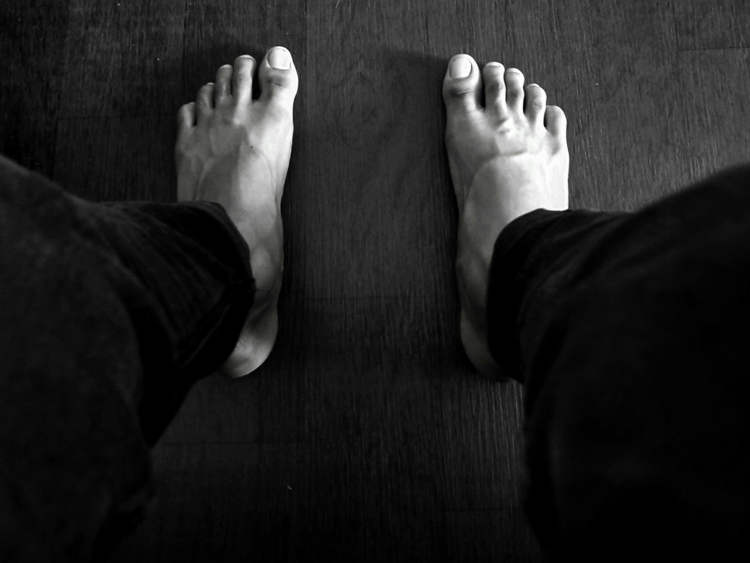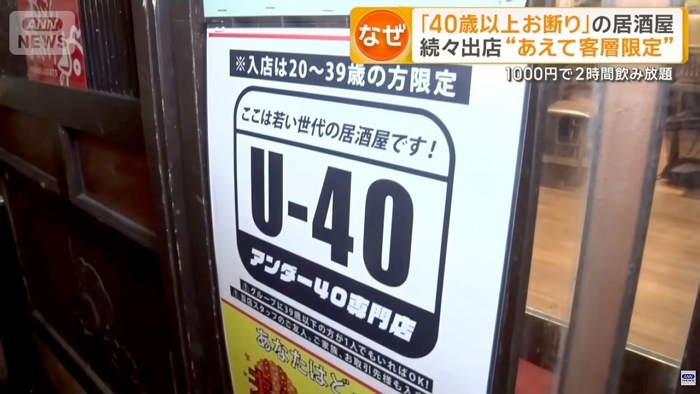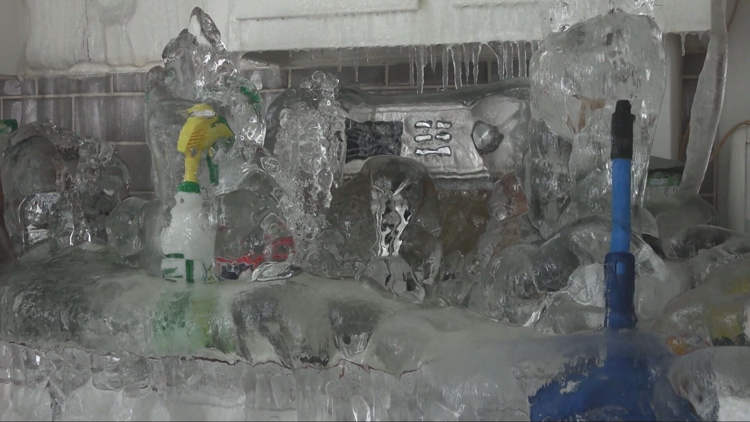Believe it or not, the kindergarten scene in Hong Kong is so fiercely competitive that tiny toddlers are expected to take special classes to get prepped for nursery interviews!
You might wonder what the big deal is about nursery school – kids just play and take naps, right? But parents in Hong Kong actually view it as an important phase that could determine their child’s future. They strongly believe in the cascading effect – admission to the best kindergartens will lead to the best primary schools, best secondary schools, and eventually, the best universities.
“It’s the only topic that comes up when you go out for lunch, which school your kid got into, which school are you applying for and how are you preparing your child for it?” one mother revealed. “My friends have sent me spreadsheets with a detailed timetable of when schools are available for applications and how to apply.”
Photo: My Little Genius
Desmidt, an expat mother living in Hong Kong actually started looking for potential kindergartens and playgroups for her unborn child, during her pregnancy. “In Hong Kong, if you don’t get into a good pre-nursery or kindergarten, it’s really difficult to get into a good primary school, that’s why you already have to plan when you are pregnant,” she said.
The most prestigious nurseries in Hong Kong routinely receive over 1,000 applications a year, to fill only a few dozen places. Selections are made based on the child’s performance during interviews conducted by these schools. The incredibly high pressure has given rise to tuition companies that offer to train toddlers for interviews.
Yoyo Chan is one such toddler, who at age one-and-a-half, is being trained for a nursery interview. She attends a special class where she is taught to greet the tutor and introduce herself. She is also trained to complete a number of tasks – building a lego brick house, correctly positioning felt eyes on a felt face, drawing pictures, and identifying fruit.
Photo: Anfield Kindergarten
“These classes and interviews can be hard work,” Yoyo’s mother Emma admits. “But I do want her to be prepared. Most parents want their child to have a good start.” Emma is desperate to improve her daughter’s prospects – she has her heart set on a particular nursery that only admits nine students out of hundreds of applicants. Her second son is only a baby, but Emma plans to get him started on interview classes when he is eight months old!
Naturally, these tuition companies do not come cheap – they provide a premium service at a premium price. Hong Kong Young Talents Association (HKYTA) for instance, charges HK$4,480 (US$580) for a series of 12 training sessions. This is usually a quarter of the average monthly household income in the nation. To make matters worse, different nurseries are usually looking for different capabilities in a child. So parents need to pay for a range of classes to ensure that the child is completely prepared once the admissions season begins.
“Interview questions are getting harder and harder,” said HKYTA tutor Teresa Fahy. “Kindergartens may ask children complex questions like, ‘What are your eyes for?’ or ‘What type of egg is this? They may also test a child’s manners by offering them sweets at the end of the interview. The child has to take one and say, ‘Thank you’. Taking too many sweets is seen as greedy, while declining the sweets is considered impolite.”
Photo: BBC
It seems that in their desperation to get their children to excel, parents might focus on rote learning – teaching their children names of colors and objects. But some interviewers say that they aren’t impressed by this. Most of them tend to observe how children play with toys – this helps them judge fine motor skills and social interaction.
They also carefully examine how children take part in group activities such as singing. Finally, interviewers may speak to children to find out how expressive they are, and whether or not they make eye contact. A few may ask kids to identify colors, shapes, or explain scenes.
“I’m not looking for that kind of knowledge, these are things that we’ll teach after they’ve started with us,” one interviewer, who chose to remain anonymous, told the BBC. She said that a lot of interviewers closely watch the parents as well. “You want to know what kind of parents you’re working with. If the parents are very pushy, it’s automatically a no from me,” she explained.
Photo: Young Talents
In fact, some interviewers can tell immediately if a child has been coached. “We can tell if a child is natural or not. It’s easy to teach a child what to say, but they won’t necessarily understand what they’re saying,” said Leung Wai-fan, principal of King Shing Kindergarten. “A child may have learned to recite a certain line – but if you ask them about something else, they suddenly become shy.”
Leung has expressed worry over the fact that education is fast becoming too commercial and demanding in Hong Kong, especially after parents waited outside her school for two nights last year to secure application forms. “That’s not how children learn,” she lamented. “We try to tell parents that education should be life-long, not just functional.”
Dr Lam Ho Cheong, assistant professor in early childhood education at the Hong Kong Institute of Education, agrees. “On the one hand, you need to develop their ability – on the other hand, you want them to have an interest in learning,” he said. If you push them too hard when they are young, you could risk losing their interest. For example, the reading skills of Hong Kong children are high compared to other countries – but interest in reading is low.”
Photo: Young Talents
Most experts agree that it’s better for parents to spend more time playing and reading with their children, instead of overloading them with interview classes. But the trend continues to rise, as this year’s nursery interviews are expected to be particularly tough. Good luck, kids!


















